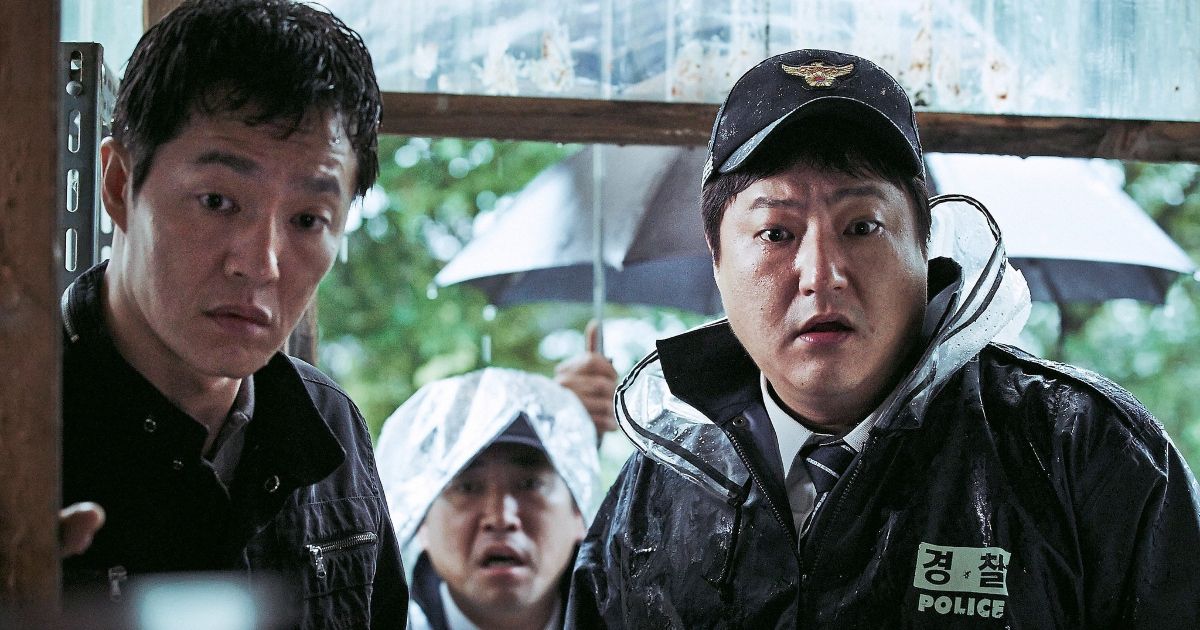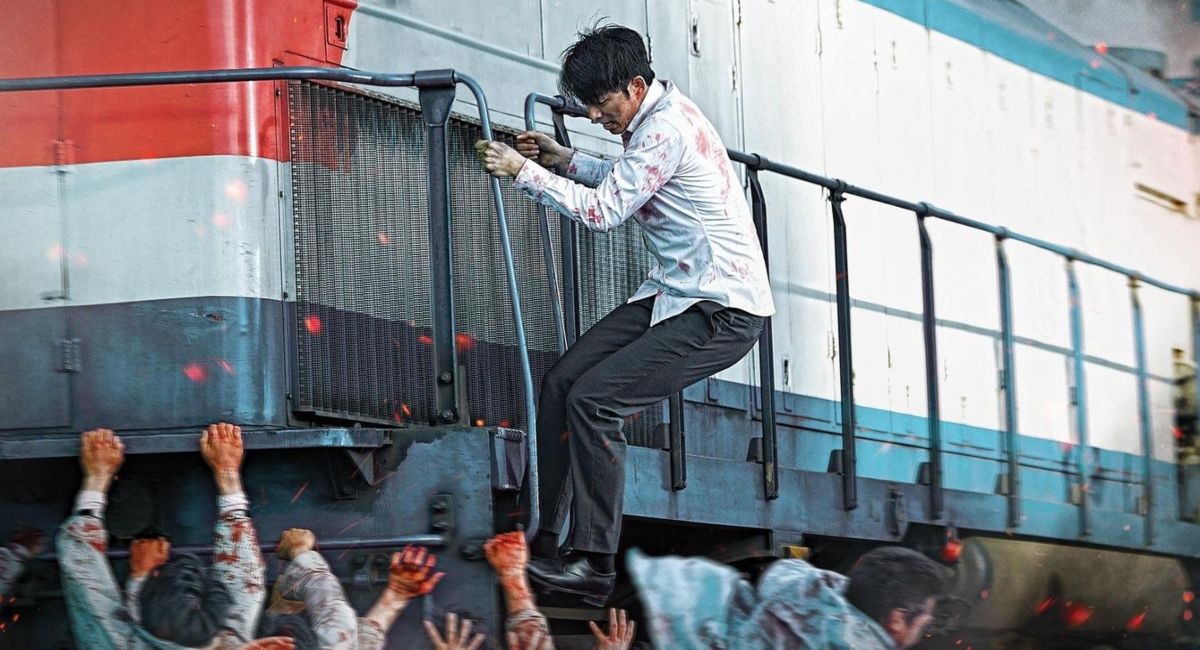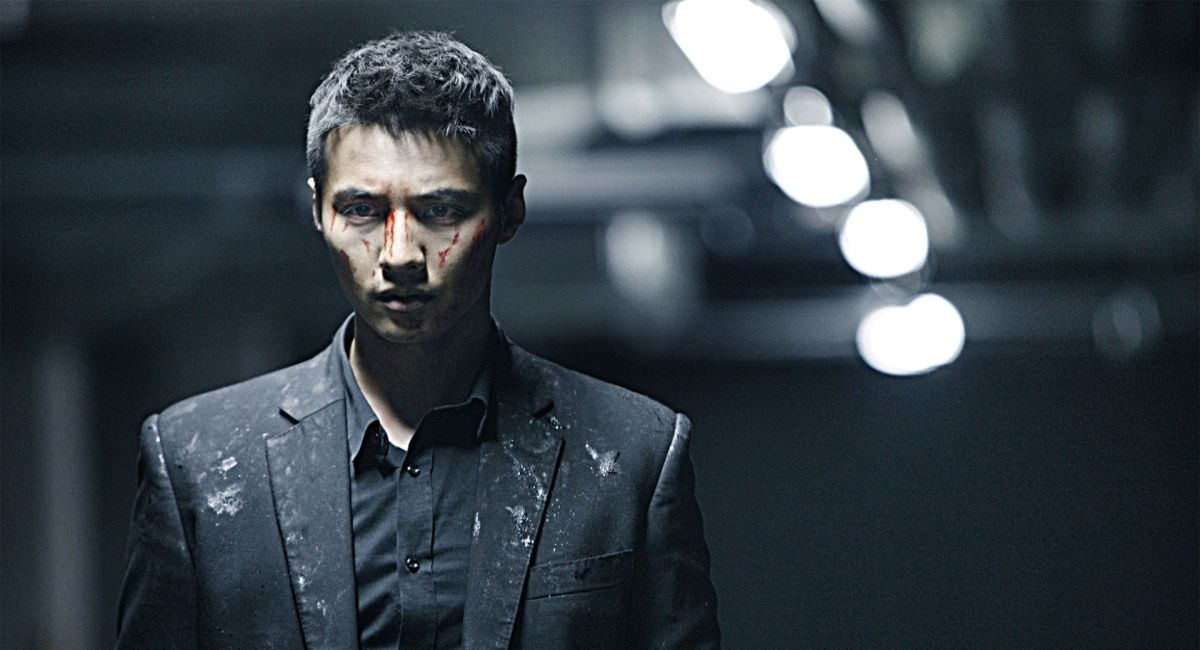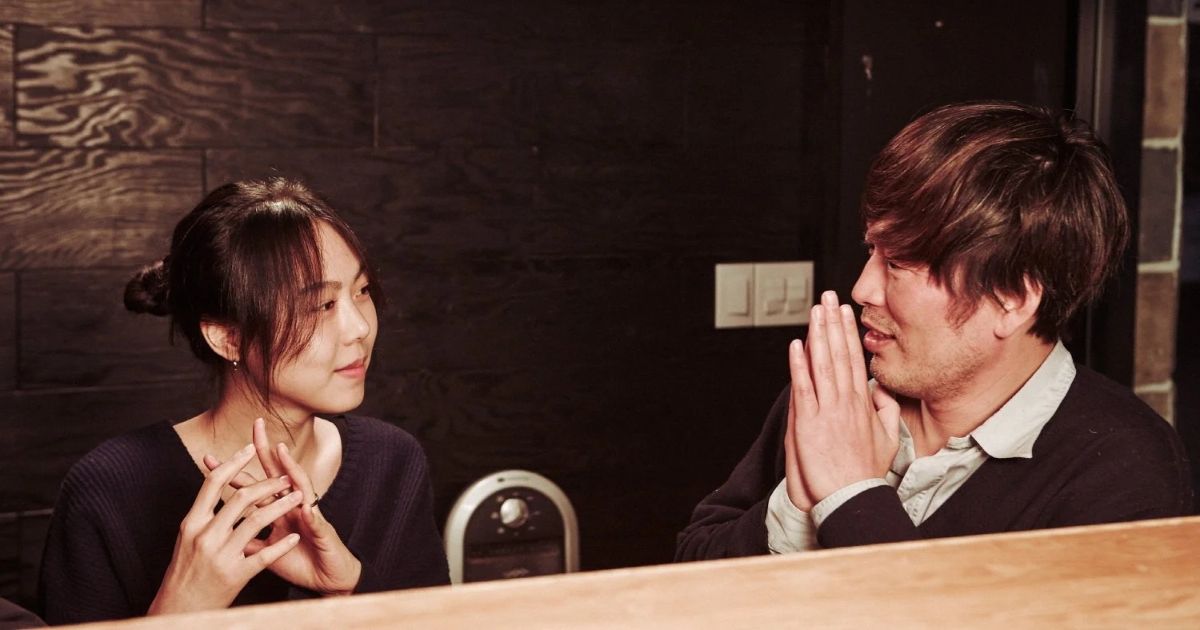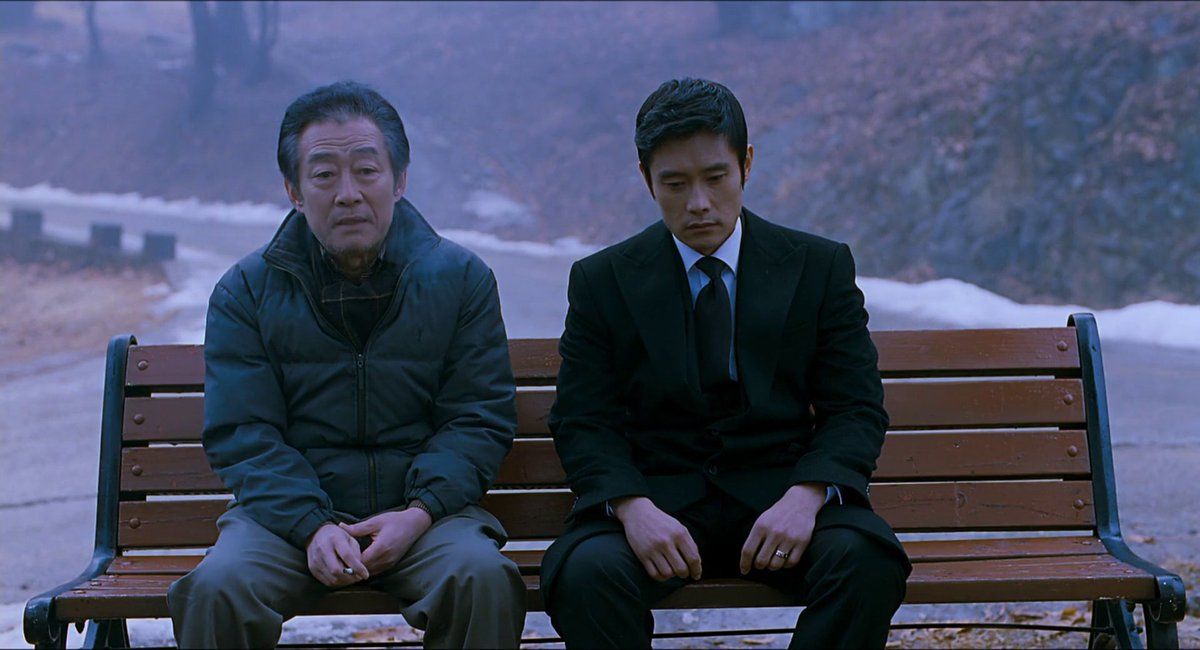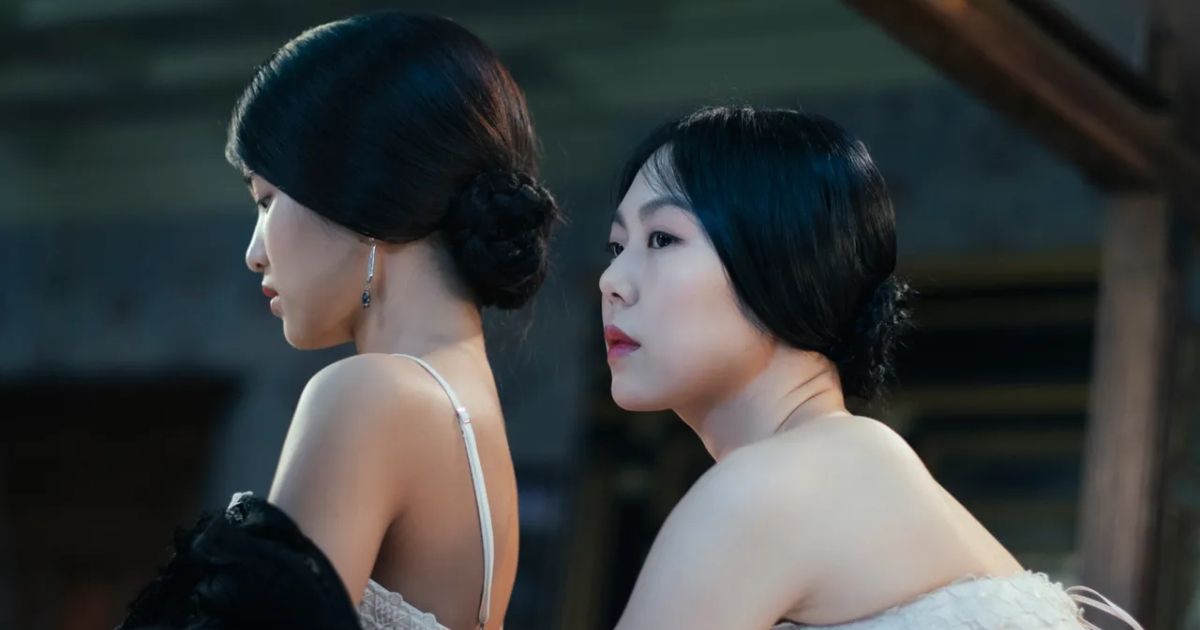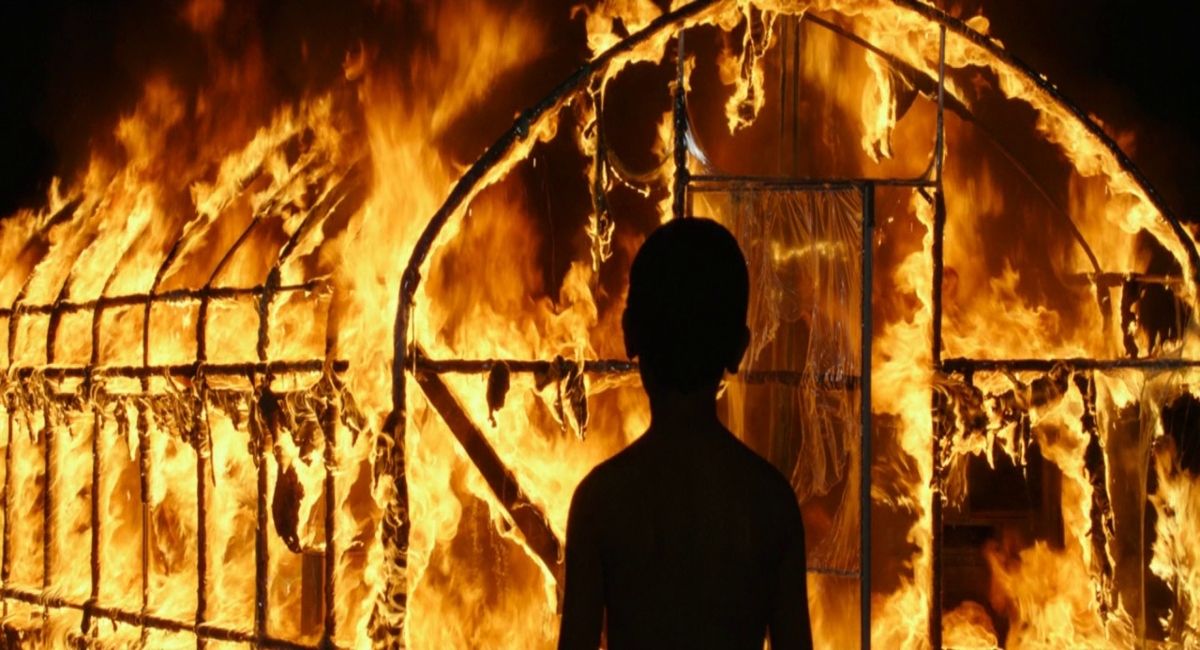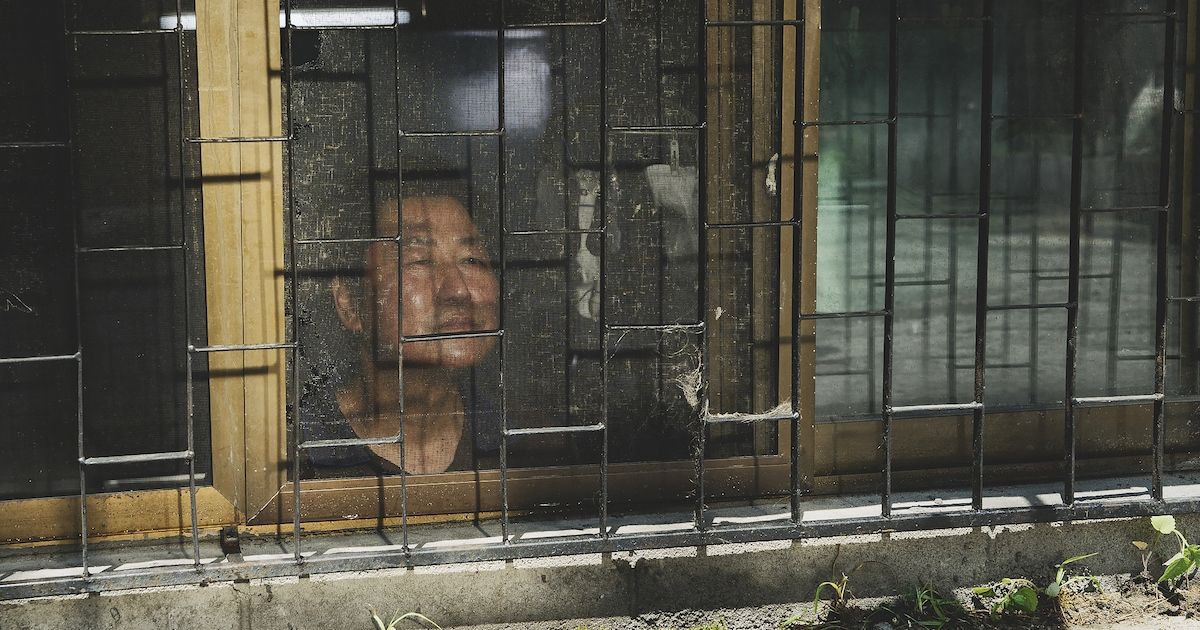A country devastated by a military dictatorship that halted all artistic progress and prevented filmmakers from creating new work, South Korea recently returned to having a prosperous movie industry. With a history of great films dating back to the 60s, South Korea only recently was able to go back and build on what was once a promising industry. Since the election of more liberal politicians that also allowed other films from countries around the world to be shown in their country, the new sensibilities led to an eruption of new artistic talent.
Since the Korean New Wave started in the 90s with filmmakers like Bong Joon-ho, Park Chan-wook, and Kim Jee-woon, who occupied different genres to deliver thrilling works, South Korea had a new pool of creativity to draw from. Since then, the country has had profound crossover success, as many filmmakers have had the opportunity to make films in the United States, culminating in a historic Oscar night for Bong Joon-ho’s masterpiece Parasite. Here's a look at the best South Korean movies of the 2010s, ranked.
9 New World
A fascinating deep-dive into the world of organized crime in South Korea and how the country’s powerful financial institutions intersect with criminality, New World is an undercover cop thriller of the same ilk as The Departed. With incredibly sleek camera work from director Park Hoon-jung that features an all-timer of an elevator brawl involving Korean gangster swordplay. Jung’s film gets to the heart of corruption and centers the fold on a cop (Lee Jung-jae of Squid Game fame) deep undercover for 8 years as he vies for the throne of a criminal empire.
8 The Wailing
An epic tale of evil where the horror is subtle, but the dread hangs over every frame, The Wailing is a terrifying dive into the slums of South Korea. Director Na Hong-jin directs the film with a wide array of tracking shots, mulling over every detail as a team of investigators attempts to uncover the mystery of deadly sickness. The film takes its horror themes of devil worship to bloody ends that elevates the film past sickly dread and shakes the world of modern police where bodies begin to drop.
7 Train To Busan
An apocalyptic zombie thrill ride that's action-packed from the get-go, Train To Busan was built for crossover success. While not necessarily breaking ground thematically or stylistically with its approach to violence, the movie's concept was fun enough to find an audience outside of Korea. Packed to the brim on a tight train full of zombies, Korean industry stalwart Ma Dong-seok took on the zombies with his fists, while the film finds its obvious bloody endpoints. Train To Busan struck a nerve with audiences and spawned a sequel.
6 The Man From Nowhere
A perfect precursor to John Wick and a clear indicator there is a long line of Korean filmmakers who have action filmmaking chops, The Man From Nowhere is a frenetic and bloody shootout. With a one-man wrecking crew in Won Bin, as he dices up bodies with slick gunplay that offers up a unique look at the crime-thriller and has a melodramatic arc at its heart. An anonymous bodyguard looks over a young girl who is being chased after by an onslaught of henchmen. The Man From Nowhere never stops the chase.
5 Right Now, Wrong Then
His work is much different from many of his contemporaries, whose films are often concerned with revenge tales and nasty fits of violence; Hong Sang-soo’s films find the mundane nature of conversation as heroic as any hero’s story. Right Now, Wrong Then acts as a diptych of romance and artistic curiosity while navigating the city of Suwan. The first and second parts barely varied in their output, but instead slightly altered through choices of dialogue and character interactions. The film is a slow, but enchantingly warm look at the nature of love and artistic merit.
4 I Saw The Devil
A nasty, scorching revenge picture that puts a horror twist on the cop procedural, I Saw The Devil is an unforgettable thrill ride into the abyss. With an incredibly evil performance from Korean journeyman Choi Min-sik as a serial killer whose last victim was the wife of the super cop (Lee Byung-hun), this event sets off a series of torturous mind games. As the cop elects not only to catch the killer but lets him wander free as he tortures him from place to place. Setting up an unforgettable journey of mind games aimed to inflict pain with little to no redemption in sight.
3 The Handmaiden
Director Park Chan-wook bought his technical precision and playful genre fair to the erotic thriller with his twisty feminist revenge tale, The Handmaiden. Adding to his already impressive repertoire of revenge fantasies, Chan-wook took the story of a Welsh novelist Sarah Waters and transported it to 1930s Korea. Crafting a love story of inequity and a gay partnership between two women as they fight for their livelihood inside the rigid patriarchy of controlling men who think they can best control women's bodies.
2 Burning
A dark, slow burn of a psychological thriller that weaves in an astutely observed love story about the millennial generation, Lee Chang-dong’s Burning is thrilling as it is poetic. In line with much of Bong Joon-ho’s filmography, where both directors work on themes of class-based slights, Chang-dong finds a way to marry those critiques with the mysterious romances of Alfred Hitchcock. But, besides the slow decay of a friendship, the mystery surrounding Steven Yeun's character as he's introduced carries the film to its slow-burn end. Playing a peculiar brand of psychopath, unlike anything Yeun had played before, making Burning all the more memorable.
1 Parasite
In a continued run of crossover success from Korean auteur Bong Joon-ho — having made two consecutive films in America (Snowpiercer, Okja) — the filmmaker returned to his country to make his pop masterpiece, Parasite. Not only did he one-up his craftsmanship, but he again took aim at capitalism and how it shapes Korea’s social hierarchy. With his always reliable leading man, Song Kang-ho front and center as the leader of a family of misfits. Scheming their way from the bottom basement apartment to the über successful household run by Cho Yeo-jeung, Parasite takes a dark, violent turn like the best of Joon-ho’s films do. Parasite went on to gross $263 Million and took home the biggest awards at that year's Oscars, making it a rare success story for an international film in the United States.

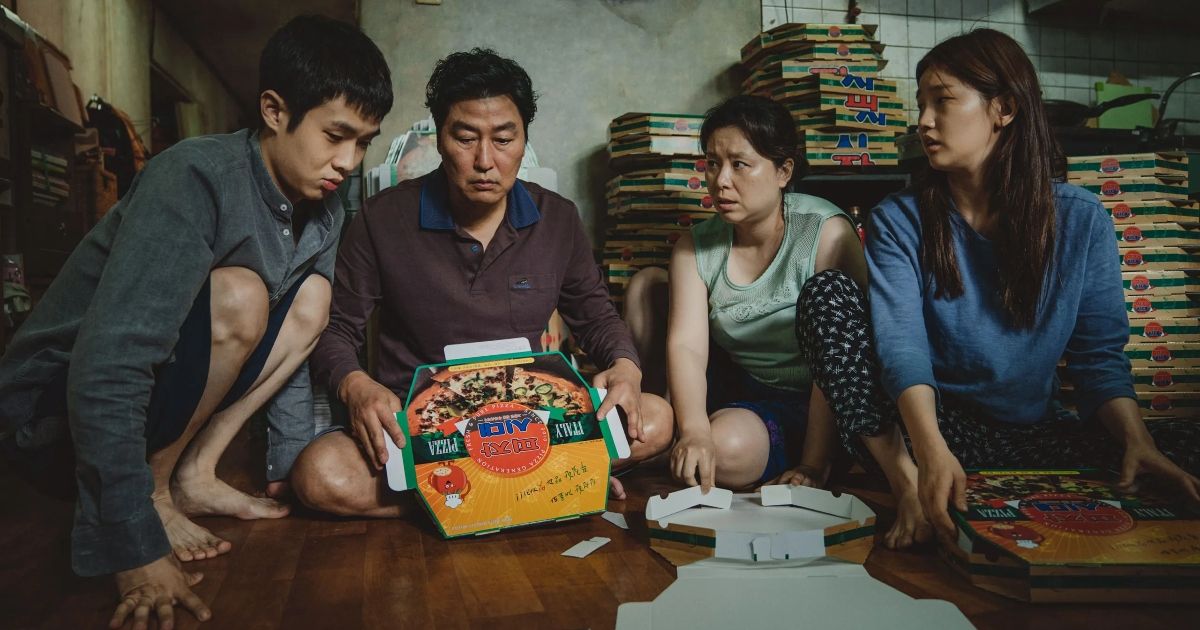
.jpeg)
